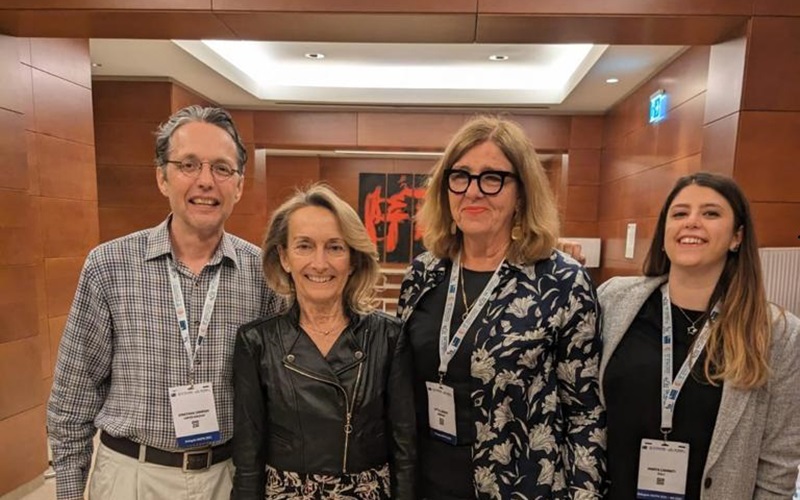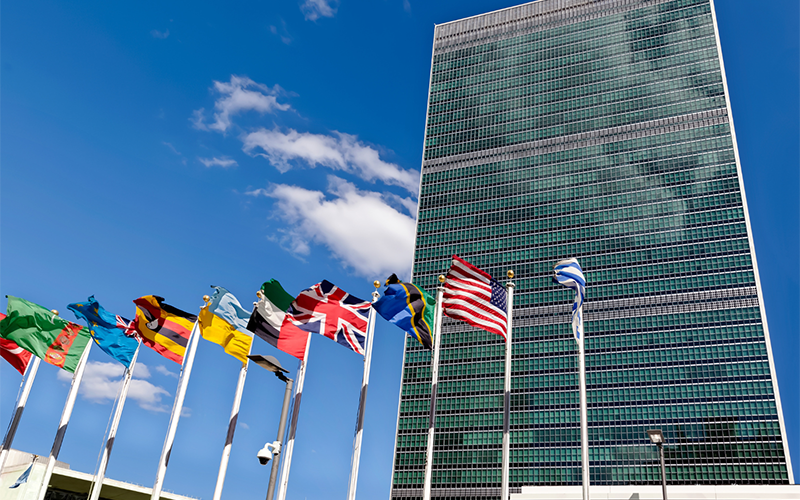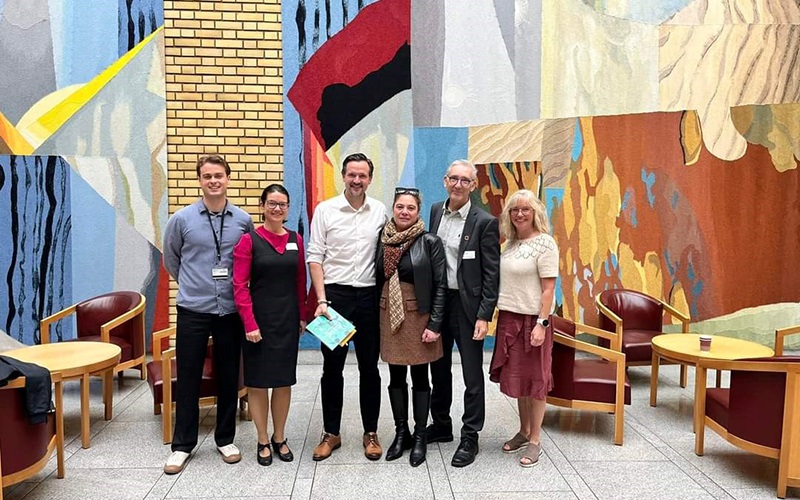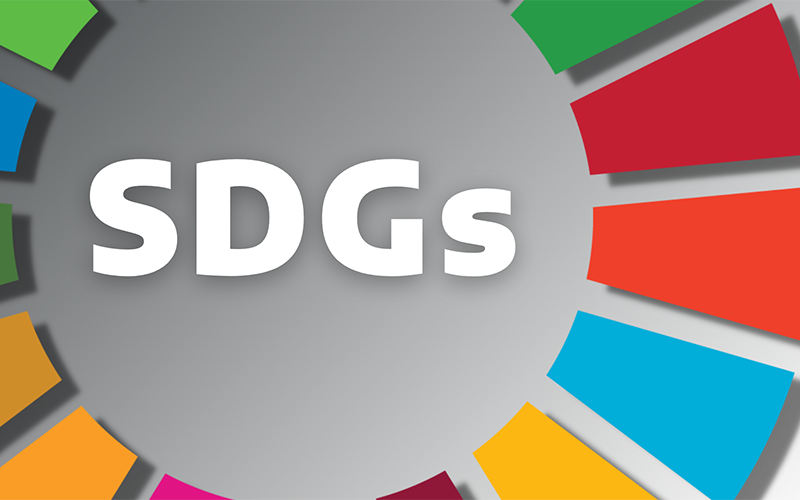
Public Mental Health: A New Working Group

Public Mental Health: A New Working Group
News
Sep 25, 2023
The World Federation of Public Health Associations (WFPHA) has launched a new Working Group named Public Mental Health. This new working group was approved during the General Assembly of the WFPHA, which was held on May 2, 2023, in Rome, Italy, during the 17th World Congress on Public Health. The newly appointed chairpersons are Dr Jonathan Campion (the United Kingdom) and Professor Jutta Lindert (Germany). Other members include Professor Bettina Borisch (Switzerland), Dr Marta Caminiti (Italy), and Professor Paul Unschuld (Switzerland).
What Is Public Mental Health?
While various definitions exist, public mental health involves a population approach to sustainably reduce the disease burden from mental health conditions and promote population mental wellbeing and resilience.
Why Is Public Mental Health Important to Public Health?
- Mental health conditions (MHCs) are responsible for at least 20% of disease burden globally and result in a broad range of public health relevant impacts.
- Mental wellbeing has a broad range of impacts.
- Concepts of mental health and symptoms vary across population groups.
- Evidence-based public mental health interventions exist to treat MHCs, prevent associated impacts, prevent MHCs from arising, and promote mental wellbeing and resilience. Different types of public mental health interventions are provided by various sectors.
- Only a minority with MHCs receive any treatment; even in high-income countries, far fewer receive interventions to prevent associated impacts, and there is negligible coverage of interventions to prevent MHCs or promote mental wellbeing and resilience.
- Public mental health implementation failure results in population-scale preventable suffering, broad public health relevant impacts, and has further widened since the COVID-19 pandemic.
Aims of the WFPHA Public Mental Health Working Group
These include supporting sustainable reductions in MHCs and improving population mental wellbeing by facilitating:
- Public mental health training, knowledge, and practice.
- Integration of public mental health into the work of public health practitioners.
- Improved population awareness about MHCs and mental wellbeing.
- Collaboration between practitioners and researchers from different fields of expertise.
- Public mental health research and its implementation into practice.
Actions to Achieve the Aims
- Cross-sector and multidisciplinary collaboration.
- Disseminating and developing relevant resources, publications, and training.
- Presentations and workshops at WFPHA conferences.
- Publications highlighting new and evolving relevant developments.
We look forward to active collaboration with individuals and organizations interested in public mental health.





Recent Comments